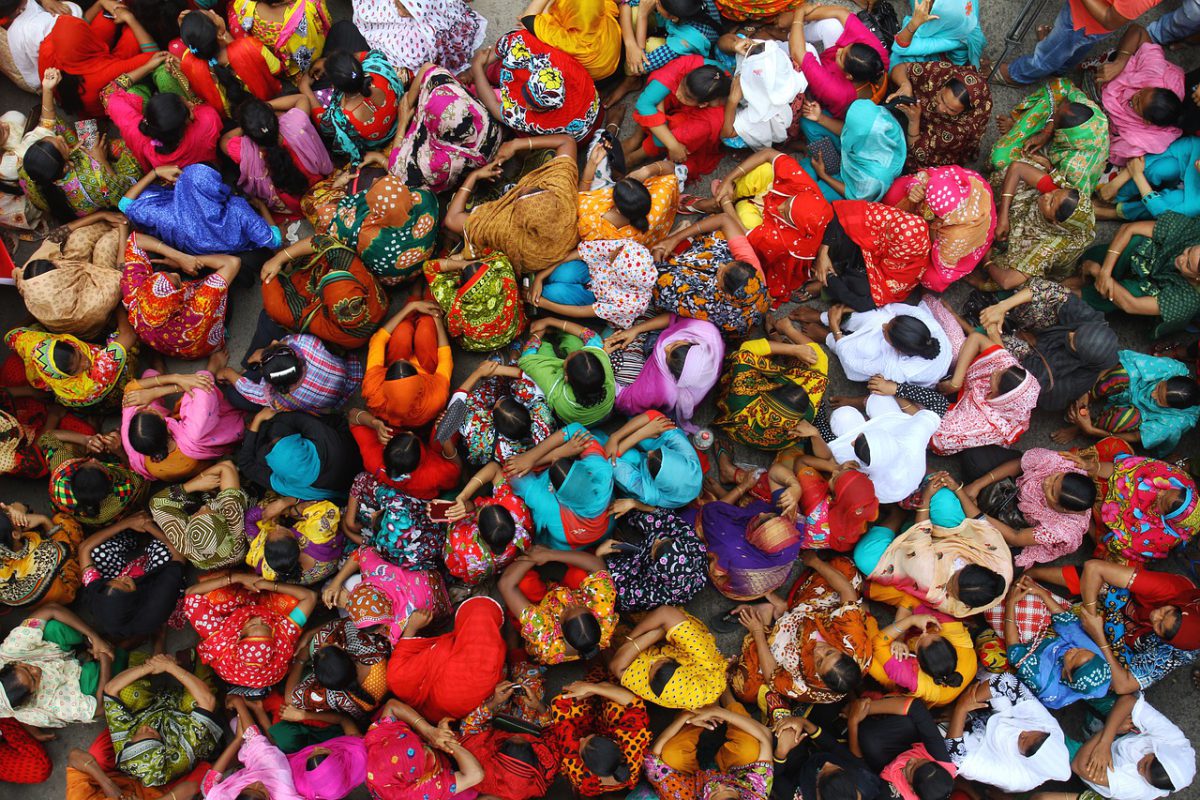If your research is being conducted in the “North” then this opportunity will be of interest.
The Northern Scientific Training Program (NSTP) provides funding for senior undergraduates and graduate students conducting research in the North.
This is a supplementary grants program which was put in place to help defray the high costs of conducting fieldwork in the North and to encourage students to develop a commitment to northern research. Students must also have other sources of funds to be eligible. The program funds thesis-based research projects on northern topics from all disciplines and in multi-disciplinary fields.
(The term “North” is normally understood for purposes of the Program to include those regions of Canada where there is both permafrost and ground ice, as per the map ‘Permafrost’, contained within the 5th Edition (1978 to 1995) of the National Atlas of Canada (see map at: http://arcg.is/1vGHyr); and the other seven circumpolar countries (Finland, Greenland (Denmark), Iceland, Norway, Russia, Sweden, and the United States (Alaska)).
ONLINE FORMS: The Online forms are available at https://nstp-pfsn.smapply.io/
COVID-19: The NSTP will allow students who received funds for 2021-2022 and who are unable to perform the planned fieldwork before March 31, 2022, to obtain an extension up to March 31, 2023. All students who wish to postpone their fieldwork to 2022- 2023 must submit a preliminary research report according to normal procedures. A question has been added to the research report form so that these students can identify that the project is postponed.
Students who requested to postpone last year and who have already submitted a report during the last competition do not need to submit a new report.
Deadline: November 10, 2021 The application portal will close after the deadline.
Amount: up to $6000 per year
Further information on the program is available in the information manual, which you can access on the NSTP Application and Reporting system website: https://nstp-pfsn.smapply.io
Tips to submitting a successful NSTP Application and frequently asked questions are attached.
CRITERIA and ELIGIBILITY: The Program supports field research in any discipline – life, physical, human and health sciences – as long as the research has an essential orientation and impact on the North, and is part of the student’s thesis research.
The student must be a Canadian citizen or permanent resident and enrolled in a graduate or senior undergraduate program at a Canadian university. NSTP funding may be used for the purpose of dissemination or reporting back to the community. The research must relate directly to your thesis (undergraduate honors, Masters or PhD) research. Part time students are eligible for NSTP funding.
A student who is employed or remunerated for their research in the field cannot receive NSTP. Post-doctoral researchers and research assistants (with the exception of Northern post-secondary students) are not supported.
Field schools are not eligible.
Questions: Northern Studies Committee at northern@uwo.ca.









